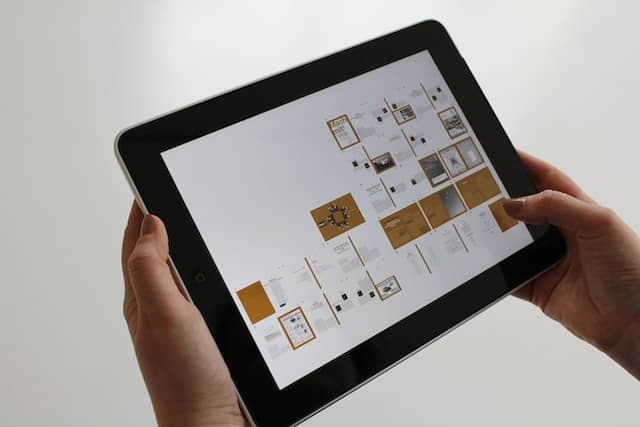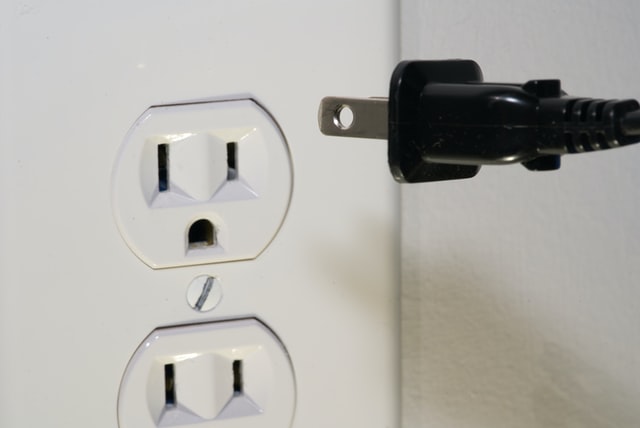In an era where technology is reshaping industries at an unprecedented pace, the hotel business is no exception. From guest experience to operational efficiency, embracing the latest technology can significantly enhance your hotel’s competitiveness and profitability. In this blog, we will explore some key tech-driven strategies that can propel your hotel business to new heights.
Table of Contents
1. Enhanced Guest Experience
Mobile Apps: Develop a user-friendly mobile app that allows guests to book rooms, check-in, and order room service at their fingertips. It can also provide information about local attractions and services.
Smart Room Controls: Implement IoT technology to enable guests to control room features like lighting, temperature, and blinds through their smartphones or in-room tablets.
Virtual Reality (VR) Tours: Use VR to provide virtual tours of your rooms and facilities. This immersive experience can help guests make informed booking decisions.
Example: Four Seasons Hotels and Resorts uses its mobile app to offer personalized itineraries, spa reservations, and in-room dining orders.
2. Personalization
Data Analytics: Utilize guest data to personalize their experience. This can include personalized recommendations, special offers, and even room preferences based on previous stays.
Chatbots and AI: Implement chatbots for instant customer support and AI-driven systems for personalized check-in and concierge services.
RFID Technology: Use RFID-enabled key cards that can also act as a guest’s payment method, making the check-in and check-out process smoother.
Example: The Oberoi Hotels & Resorts’ MyOberoi platform personalizes the guest experience by remembering and anticipating preferences across their properties.
3. Operational Efficiency
Property Management Systems (PMS): Invest in a robust PMS that streamlines operations like reservations, check-ins, and billing. Cloud-based systems are highly flexible and accessible.
Energy Management Systems: Install sensors and automation to control lighting, heating, and cooling in unoccupied rooms, leading to substantial energy savings.
Inventory and Staff Management: Use technology to optimize inventory and staff schedules. This ensures that you have the right number of rooms available and staff on hand, minimizing wastage and labor costs.
Example: The Marriott India Group adopted a cloud-based PMS to enhance operational efficiency across its properties.
4. Online Presence and Marketing
Website Optimization: Ensure your website is mobile-friendly, loads quickly, and has an intuitive booking system. Invest in search engine optimization (SEO) to rank higher on search engines.
Social Media and Influencers: Use social media platforms to showcase your hotel and engage with potential guests. Collaborate with influencers for wider reach.
Online Reviews: Encourage satisfied guests to leave positive reviews on platforms like TripAdvisor and Google. Respond promptly to negative reviews to demonstrate your commitment to customer satisfaction.
Example: Marriott International’s mobile app allows guests to book rooms, check-in, and even use their smartphone as a room key.
5. Security and Data Privacy
Cybersecurity: Protect guest data and your business from cyber threats by investing in robust cybersecurity measures.
Compliance: Ensure that your hotel complies with data privacy regulations like GDPR to build trust with your guests.
Example: Taj Hotels has implemented stringent cybersecurity protocols to safeguard guest data.
6. Sustainability Initiatives
Green Technology: Implement eco-friendly technologies like LED lighting, solar panels, and water-saving systems to reduce your hotel’s environmental footprint.
Guest Awareness: Educate guests about your sustainability efforts, and consider rewarding them for participating in eco-friendly practices during their stay.
Example: The Fairmont Waterfront in Vancouver uses a heat recapture system to reduce energy consumption and greenhouse gas emissions.
Final Words
Incorporating these tech-driven strategies into your hotel business can set you on a path to improved guest satisfaction, increased efficiency, and sustainable growth. Stay adaptable and continue to embrace emerging technologies to stay ahead in the competitive hospitality industry.














































